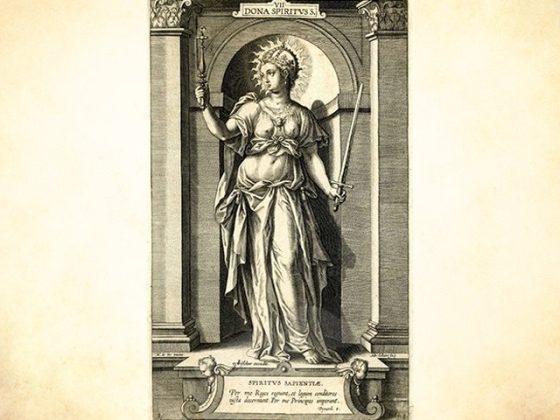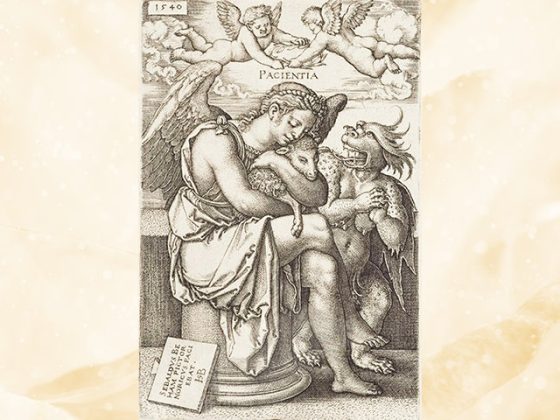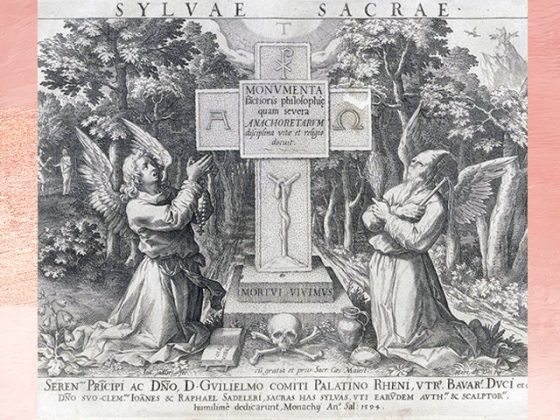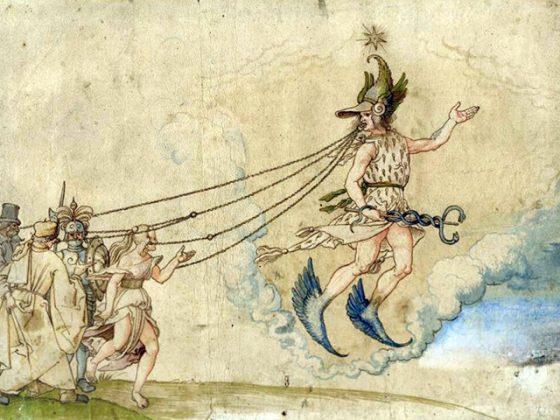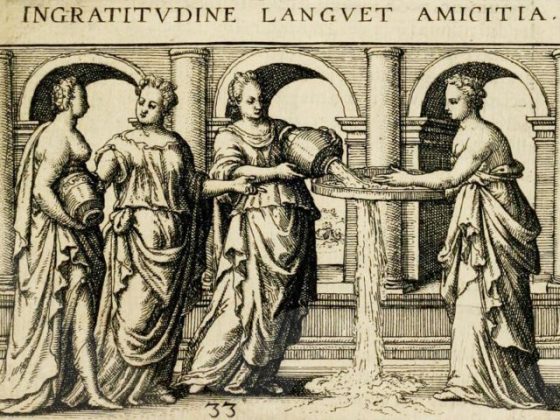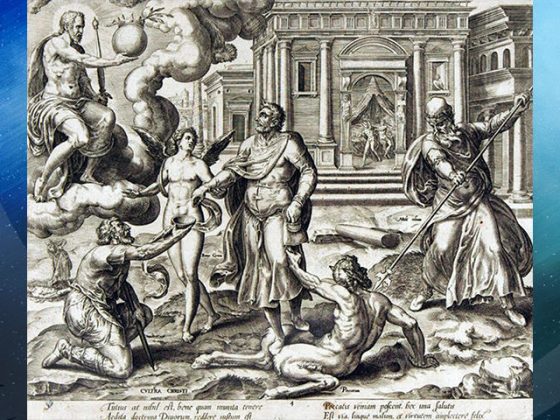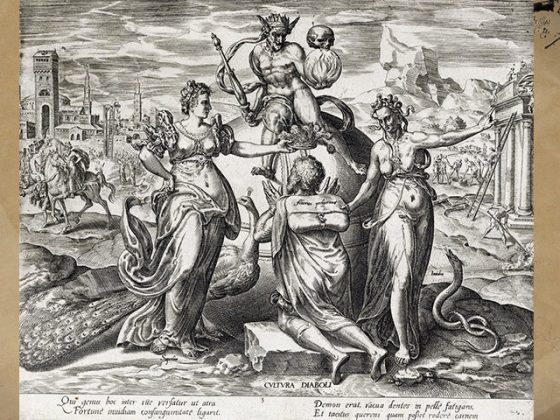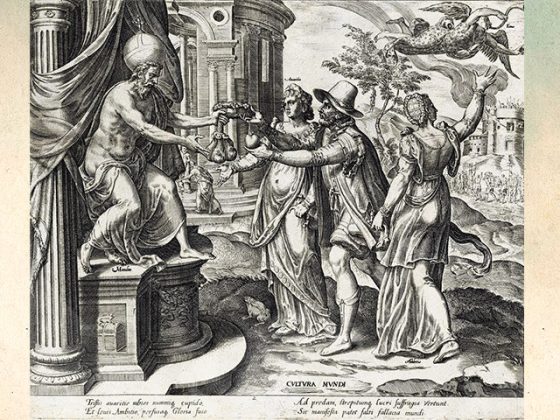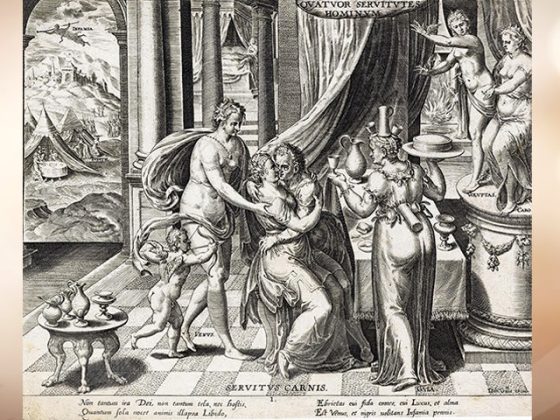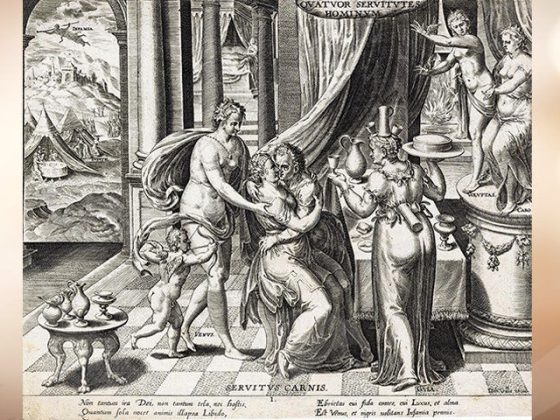The seven gifts of the Holy Spirit are an enumeration of seven spiritual gifts that were first found in the book of the Prophet Isaiah.
Weekly messages from the International Coordinator of AGEAC, the V.M. Kwen Khan Khu.
Our Venerable Patriarch, V.M. Samael Aun Weor, emphasizes to us: “Patience is the ladder of the Gnostic and humility is the door to his garden.”
This beautiful engraving shows us that our redemption is only possible through the help of the cross.
Hercules gallicum
These engravings represent the Gallic God Hercules, who is the parallel of the Greek Heracles and the Roman Hercules.
Ingratitudine languet amicitia
‘The ungrateful man who pays for a service without any interest does not have the favor of the Goddesses of Orchomenus, rather he is like a sieve: between their open holes, if whole rivers are poured, they will flow out immediately.’
Cultura Christi
Este hermoso grabado nos muestra ante todo la grandeza de buscar el camino del Cristo íntimo. Al mismo lo vemos dentro de una nube enseñando a un devoto el globo, que representa el caos espermático, coronado por una rama de laurel, símbolo, asimismo, del triunfo hermético.
Cultura diaboli
To begin our description, we will say that, if we look at the center of this artistic engraving, we will immediately see the figure of Satan seated on the sphere that represents our world, and this is to show us that, indeed, it is he who, unfortunately, governs the destinies of this human anthill.
I now send you the second engraving of the sequence of four in total made by the Flemish artist Gérard Van Groeningen in 1573. This is the series of engravings encompassed under the title The Four Ways of Living on Earth.
Muy entrañables amigos y amigas lectores/as: Me apresuro a enviaros, en las próximas entregas, cuatro grabados hechos aproximadamente en el año 1573 por Gérard Van…
This first of four engravings teaches us that if we do not have a correct relationship with the erotic force, we end up being slaves of sex and the egoic pleasures of drunkenness, gluttony, etc., etc., etc., etc.


